Confident vs Confidant-Difference Between and Examples
In the English language, words that sound similar can have distinct meanings, leading to confusion in their usage. “Confident” and “confidant” are two such words that, despite their similar pronunciations, have different definitions and usage.
In this article, we will explore the differences between “confident” and “confidant” to gain a better understanding of their meanings and how they are used in different contexts. By understanding that “confident” relates to self-assurance, while “confidant” refers to a trusted person with whom one shares secrets or personal matters, we can use these words accurately and avoid common mistakes. Let’s dive into the contrasts between “confident” and “confidant.”
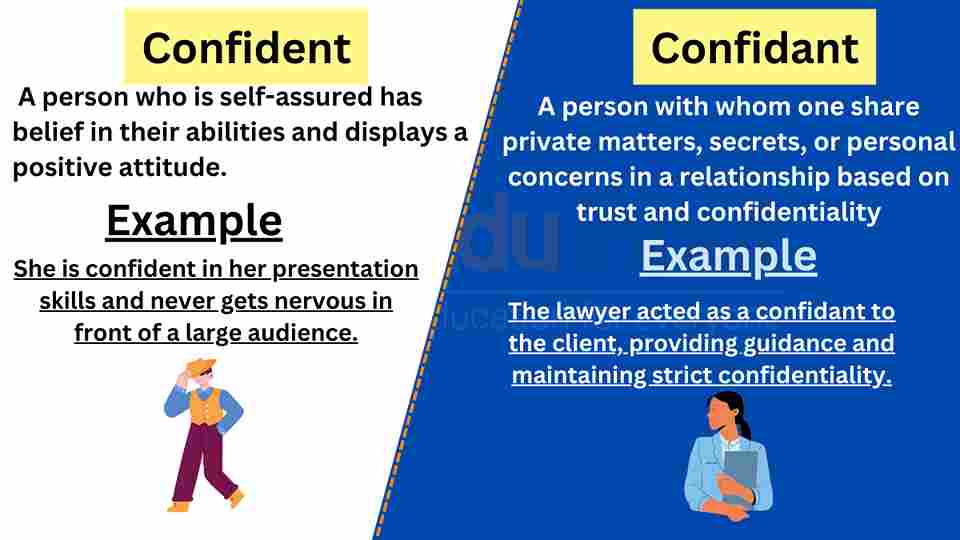
Meanings and Examples
Confident Meaning
Adjective: The meaning of Confident describes a person who is self-assured, has belief in their abilities, and displays a positive attitude.
Confident Examples
- She is confident in her presentation skills and never gets nervous in front of a large audience.
- After thorough preparation, he felt confident about his performance in the upcoming exam.
- The team entered the competition with a confident mindset, ready to face any challenges.
- The CEO’s confident demeanor inspired the employees and boosted morale within the company.
- Despite the setbacks, she remained confident that she would achieve her goals.
Confidant Meaning
Noun: The meaning of Confidant refers to a person with whom one share private matters, secrets, or personal concerns in a relationship based on trust and confidentiality.
Confident Examples
- Sarah sought solace in her best friend, who had been her confidant for many years.
- He shared his deepest fears and dreams with his confidant, knowing they would keep his secrets safe.
- The lawyer acted as a confidant to the client, providing guidance and maintaining strict confidentiality.
- In times of trouble, she relied on her confidant for support and advice.
- James trusted his confidant with sensitive information, confident that it would never be disclosed.
Differences Between Confident and Confidant
| Criteria | Confident | Confidant |
| Meaning | Self-assured, displaying belief in one’s abilities | Referring to a trusted individual with whom one share personal matters |
| Part of Speech | Adjective | Noun |
| Pronunciation | ˈkɒnfɪdənt | ˈkɒnfɪdænt |
| Usage | Describing a person’s self-assurance | Referring to a trusted individual with whom one shares personal matters |
Usage in a Paragraph
As the job interview approached, she tried to stay confident by reminding herself of her qualifications and past accomplishments. She knew that projecting confidence would positively impact the interviewer’s perception of her abilities. Meanwhile, she confided in her confidant, her best friend, who provided encouragement and listened attentively to her concerns. The confidant assured her that she was well-prepared and offered advice based on their shared experiences. With the support of her confidant and her own self-assurance, she entered the interview room feeling both confident and comforted.
By understanding the distinctions between “confident” and “confidant,” we can use these words correctly in their respective contexts. “Confident” describes a person who is self-assured and displays belief in their abilities. On the other hand, “confidant” refers to a trusted individual with whom one shares personal matters, secrets, or concerns. Recognizing the difference between these terms helps us communicate effectively, whether expressing our own confidence or seeking a confidant to share our thoughts and feelings.

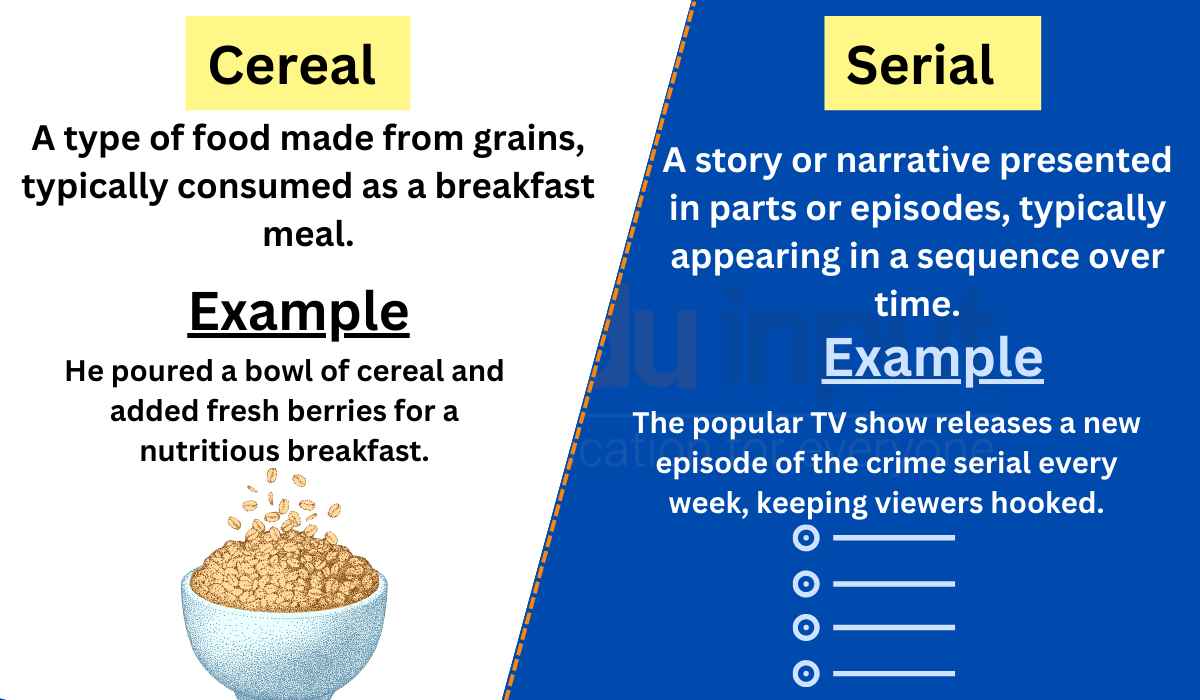
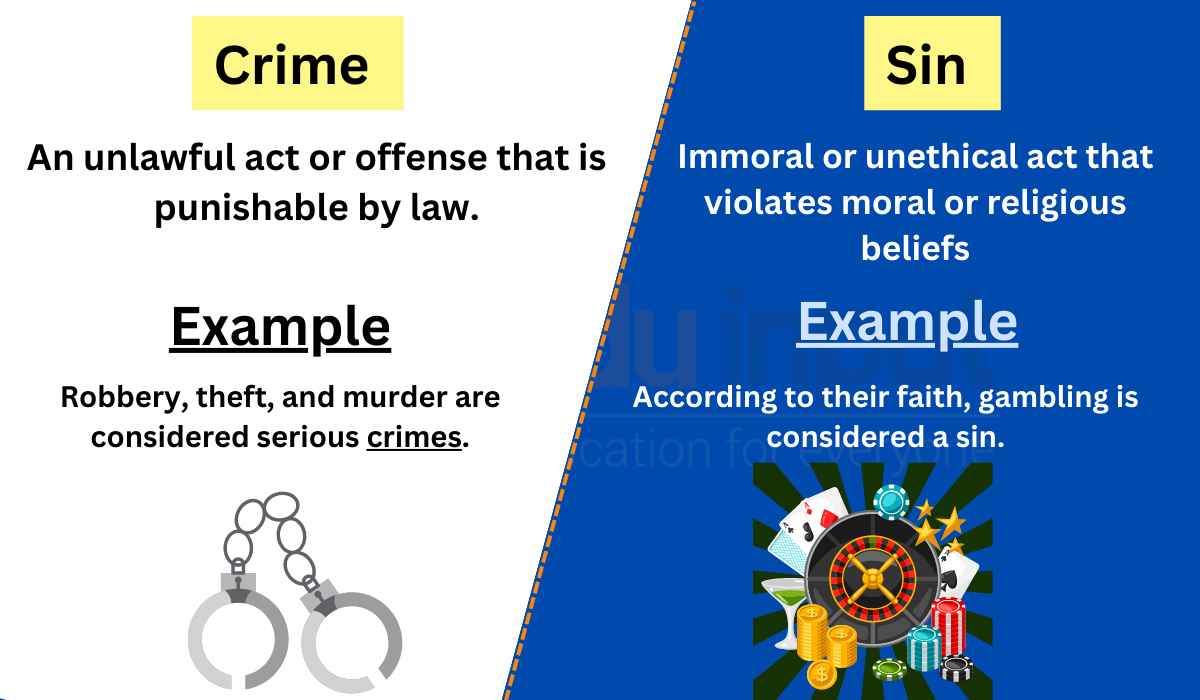
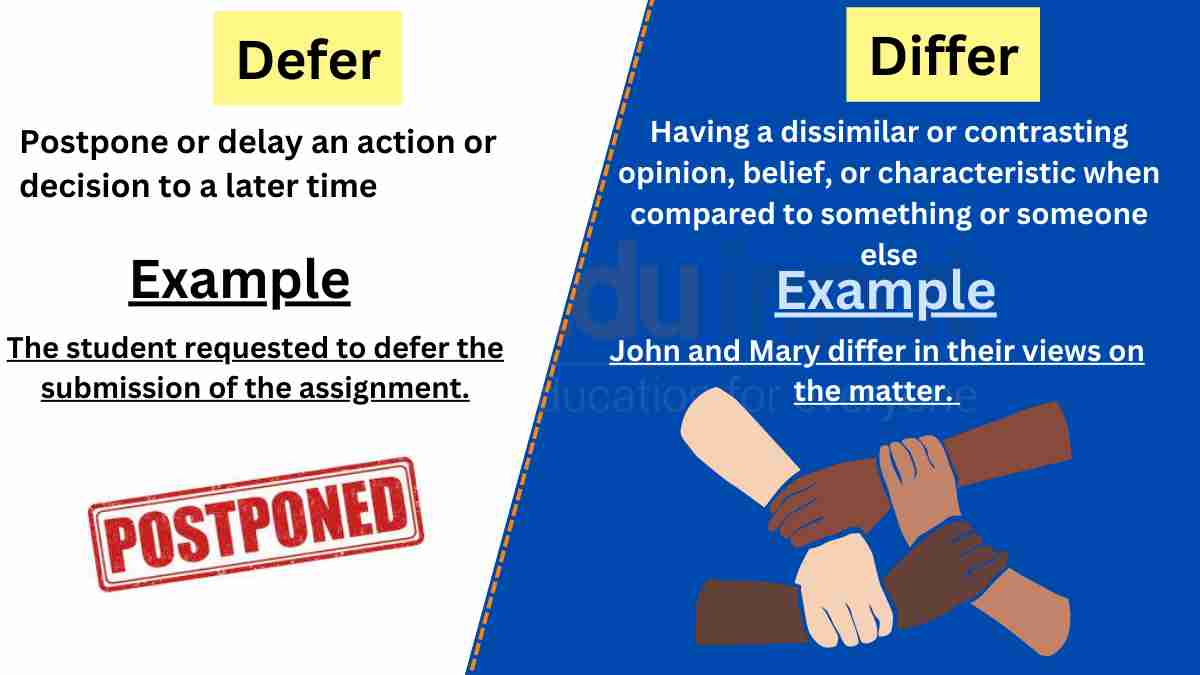
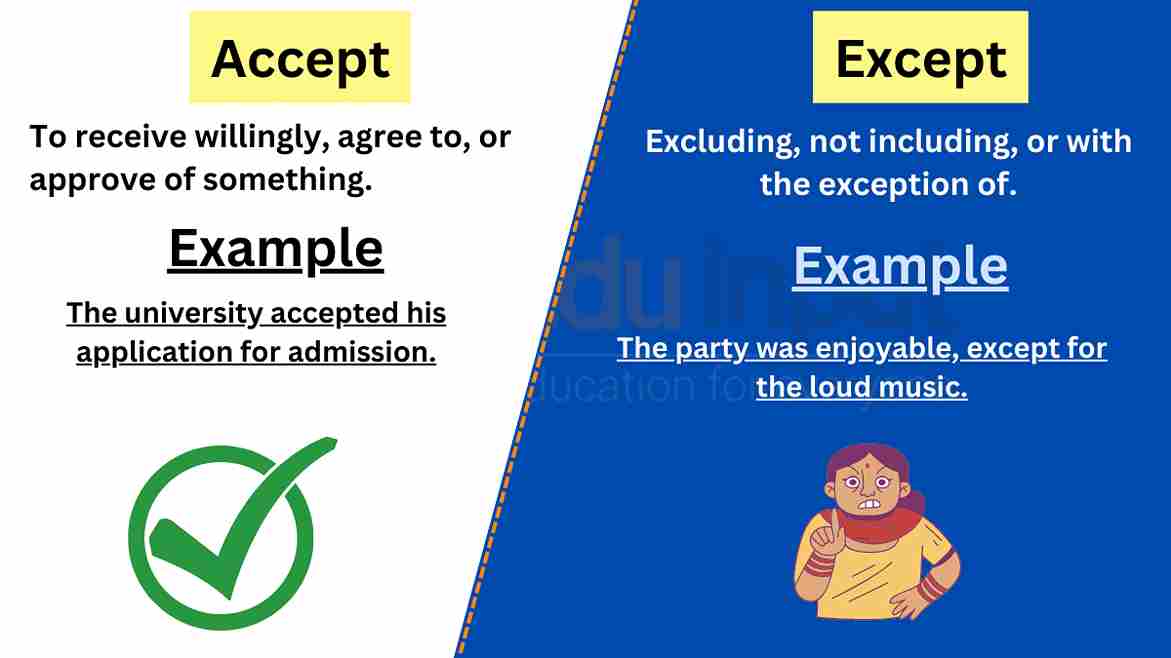


Leave a Reply